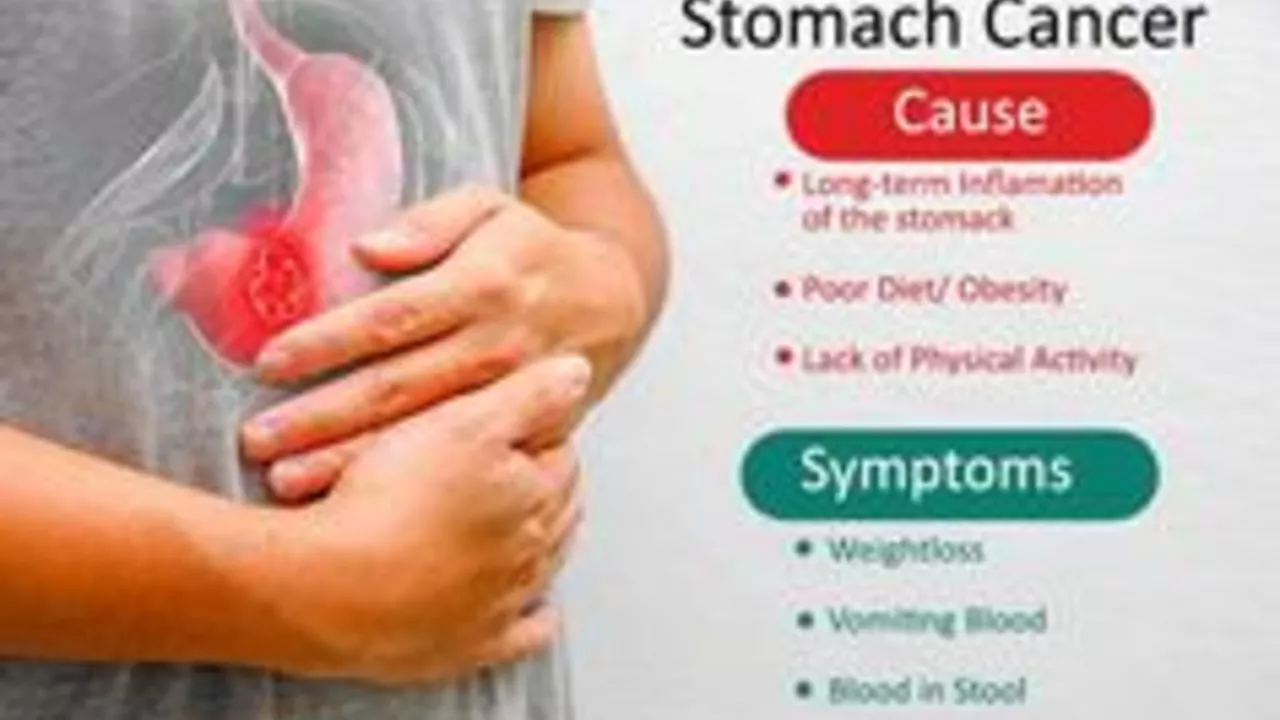Preventing Illness and Side Effects: Practical Tips That Work
Most infections and medication problems can be avoided with simple, everyday actions. Prevention saves time, money, and health. This page gathers clear tips you can use now to lower risks from infections, skin treatments, and prescription drugs.
Start with hygiene basics: wash hands regularly, especially before eating and after using public transport. Clean shared surfaces and avoid touching your face during flu seasons. When someone in your home is sick, use masks and wash bedding more often to cut transmission.
Antibiotics need special care. Take the full prescribed course for drugs like tetracyclines unless your doctor tells you otherwise. Don't use leftover antibiotics or share them. If a medicine like Panmycin causes bad side effects, report them and ask about safer options.
For fungal problems, act early. Athlete’s foot and ringworm respond better to timely treatment. Use topical antifungals as directed and keep feet dry and clean. If you need oral terbinafine (Lamisil), follow liver-safety advice and get baseline blood tests when recommended.
Medication safety at home
Store medicines in a cool, dry place and keep a list of everything you take. Check interactions before adding supplements like Strophanthus or Pu-Erh tea—natural doesn’t always mean safe with prescriptions. For chronic drugs such as warfarin, know your alternatives and talk to your doctor before switching to apixaban or edoxaban.
Sun care matters with skin meds
If you use tretinoin or similar retinoids, wear sunscreen daily and avoid peak sun hours. A single severe sunburn can undo weeks of topical treatment and increase irritation. Use gentle moisturizers to reduce peeling and stick to your provider’s dosing schedule.
Buying meds online is convenient but risky. Choose pharmacies with clear licensing, real reviews, and verifiable prices. Sites that hide contact details or pressure you to buy cheap controlled drugs are red flags. If you try telehealth services for men's health or chronic care, pick well-reviewed platforms with licensed clinicians.
Prevent chronic viral liver disease by knowing risks for hepatitis B and C. Get tested if you had blood exposure, shared needles, or received untested transfusions. Vaccination prevents hepatitis B; treatments now control hepatitis C effectively when caught early.
Finally, keep up with follow-ups and reporting. Tell your provider about side effects from drugs like baclofen or valacyclovir. Track symptoms, use reminders for doses, and ask for lab checks when needed. Small steps and fast communication often stop problems before they grow.
Lifestyle choices matter more than you think. Quit smoking, eat mostly whole foods, move 30 minutes a day, and manage weight to lower infection risk and medication complications. New research links metformin’s weight effect to a molecule called lac-phe, which could shape future drugs but doesn’t replace healthy habits now.
See your doctor quickly for high fevers, spreading redness, severe shortness of breath, or sudden mood changes on antidepressants. Keep emergency contacts handy, and set phone reminders for vaccines, refills, and lab checks. Prevention is about steady habits, not one-off fixes. Start small today.
Why Public Awareness and Education Are Critical for Preventing Legionnaire’s Disease
Public awareness and education are key to stopping Legionnaire's disease. Learn how informed communities, clear communication, and targeted programs reduce outbreaks and save lives.
Read moreMeclizine Overdose: Symptoms, Treatment, and Prevention
Meclizine overdose is a serious concern that everyone should be aware of. Symptoms of an overdose can include drowsiness, dry mouth, and even seizures in severe cases. To treat an overdose, it's crucial to seek medical attention immediately, as they may need to perform gastric lavage or administer activated charcoal. Prevention is key; always follow the recommended dosage and consult with your doctor or pharmacist if you're unsure. It's essential to stay informed and be cautious when taking any medication, including meclizine.
Read more

